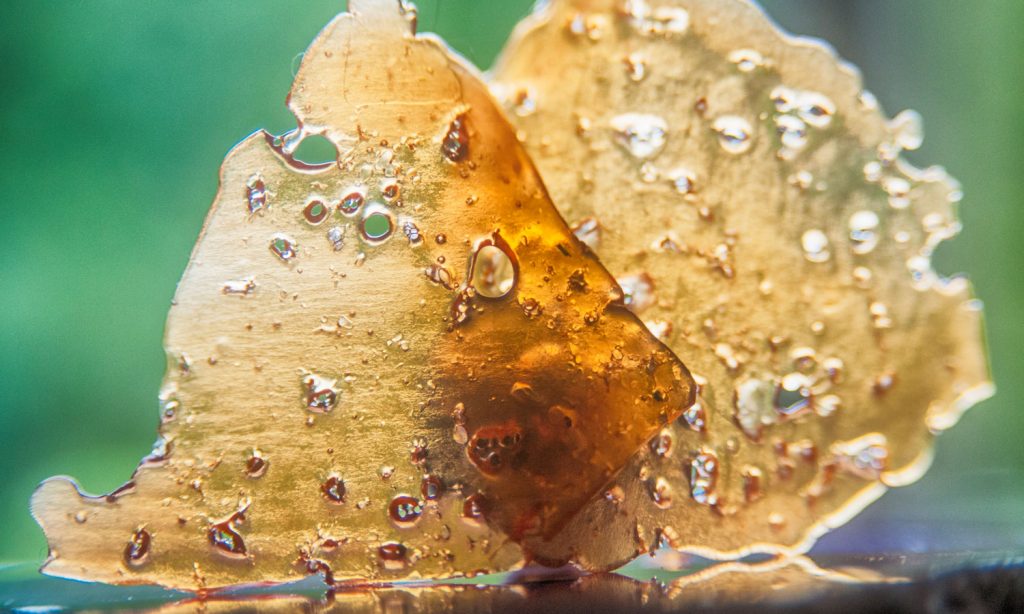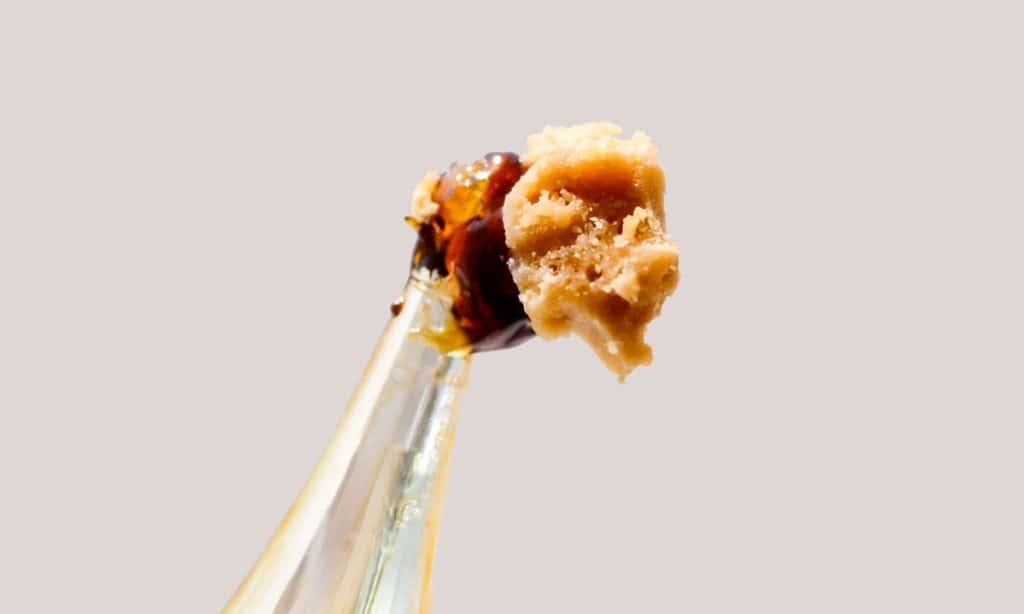There’s a lot of misconceptions surrounding concentrates, with many claiming that they’re as bad as cocaine and crack. Here are 4 myths we want to clear up.
As marijuana legalization continues to spread across the U.S., there are countless new businesses offering oils, waxes, distillates, crumble, dab equipment, and extraction machines. While many praise cannabis concentrates and their effectiveness, there’s plenty of dangerous misconceptions surrounding them. Some people say using concentrates can be as addictive as cocaine and that using them is, at times, a deadly practice.
Where does this information come from and is there any truth to these statements? Here are 4 myths about cannabis concentrates that we want to clear up:
Concentrates are better than cannabis flower

RELATED: Marijuana 101: Dabbing Wax Vs. Vaping Wax
A concentrate hit will leave you high for days

RELATED: Differences In Marijuana Highs: Flowers, Edibles and Concentrates
While concentrate newbies might experience a really potent high because they ingested the wrong dose, this shouldn’t happen if you’re consuming concentrates responsibly and have done all the necessary research.
Concentrates are deadly

RELATED: Dabbing Is On The Rise Among Teens — Here’s What Parents Should Know
Since there’s so much misinformation surrounding the dabbing process, there have been some reports that claim that overdoses have been influenced by the recent popularity of concentrates. While there might be an existing relationship, marijuana advocates claim that concentrates are safe and produce the same positive results as cannabis flower. Even if you get too high from ingesting the wrong dose, no one has ever died from consuming them.
Concentrates are filled with harmful chemicals

While the process of making concentrates is one that involves the use of complex chemicals, facilities are equipped to handle these solvents and are very strict when it comes to how they’re produced. All the information should be clearly stated on the product’s label, and concentrates should be made by professionals who are working responsibly. In short, dangerous concentrates are rarely found in a regulated market.


